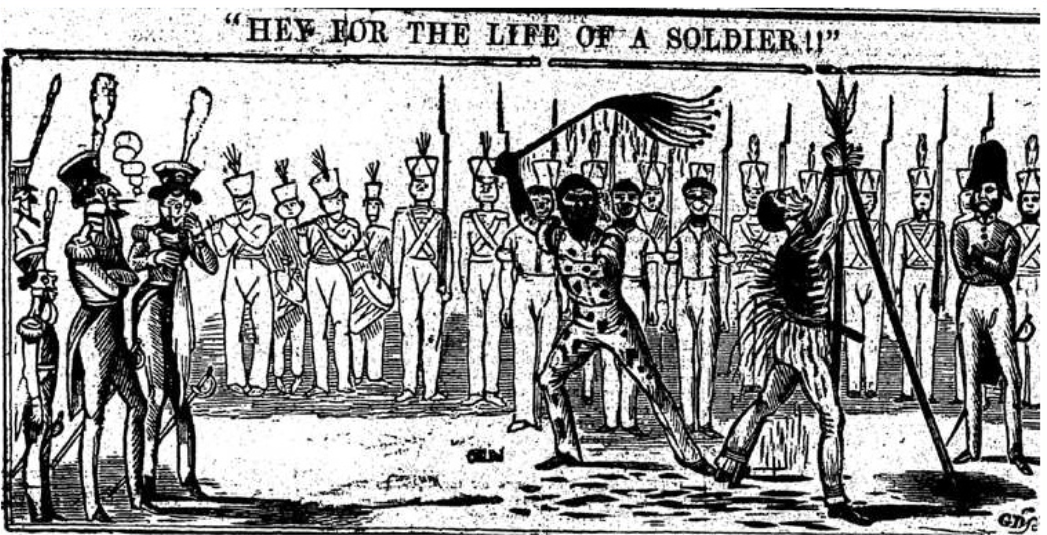Event/s

M J Grant: Harm and harmony: Music, torture, and the ideology of western civilization
Wed, 22. Aug 2018
Over the past few years I have returned repeatedly to the related subjects of music and punishment and music and law. This was initially motivated by the need to situate research into the use of music as torture within a broader (and longer) historical framework. Although it has come to widespread public attention only through methods used by US security agencies in the “War on Terror”, the uses of music in torture and ill-treatment are much more extensive, both in the present and in the past. The idea that prisoners be forced to sing and play for their captors is documented in the ancient Near East, for example: a frieze from the palace of Nineveh in ancient Assyria, now held in the British Library, appears to provide a pictorial representation of a subject better known from one of the Psalms:
By the rivers of Babylon, there we sat down, yea, we wept, when we remembered Zion.
We hanged our harps upon the willows in the midst thereof.
For there they that carried us away captive required of us a song; and they that wasted us required of us mirth, saying, Sing us one of the songs of Zion.
How shall we sing the LORD’S song in a strange land?
(Psalm 137, taken here from the King James Bible)
In Europe from the Middle Ages onwards, many formal and informal practices of justice made reference to musical tropes, particularly the contrast between harmony and dissonance. Traditions of public shaming which folklorists and historical anthropologists have gathered under the general term “charivari” generally incorporated a cacophony of noises, such as by banging pots and pans, to draw attention to the proceedings and perhaps to signify the dissonant element in the community which was subject to the ritual’s critique. Some aspects of these practices resonate in rituals used in military justice in the eighteenth and nineteenth century: military justice and discipline seem in turn to have informed the ways that music has been used both in the Soviet Gulag and, even more extensively, in the context of Nazi persecution and genocide.
Why, then, has this only recently come into focus in musicological research? The answer, I suspect, has much to do with what these practices signify, and how. Many of these practices function as forms of musical “othering” by playing on ideas about the opposition between harmony and dissonance, sense and non-sense, and in particular, reason and emotion. In seeking to unpick this complex discourse, the direct relationship between reflective and activist modes of research will, I hope, become clear. For ultimately, what we are dealing with here is an ideology – literally a system of ideas – which runs very deep in the history of western thought and western “civilisation”. Indeed, the very idea of “civilisation” is both fundamental to this ideology and defined in its terms. To challenge these ideas is, therefore, to challenge processes of discrimination and marginalisation that are fundamental to the way in which western society works.
M J GRANT is a Teaching Fellow at the Reid School of Music, University of Edinburgh. Her work currently focuses on the uses of music in connection with collective violence, especially in war, genocide and torture. From 2008 – 2014 she led the research group “Music, Conflict and the State” at the University of Göttingen, and from 2014 – 2015 she was a Fellow at the Käte Hamburger Centre for Advanced Study in Law as Culture at the University of Bonn. She also received a major stipend from the HF Guggenheim Foundation for a monograph on the musicology of war, which is nearing completion. Previous work includes Serial Music, Serial Aesthetics: Compositional Theory in Post-war Europe (Cambridge University Press, 2001) and an as yet unpublished monograph on the cultural history of the song Auld Lang Syne.